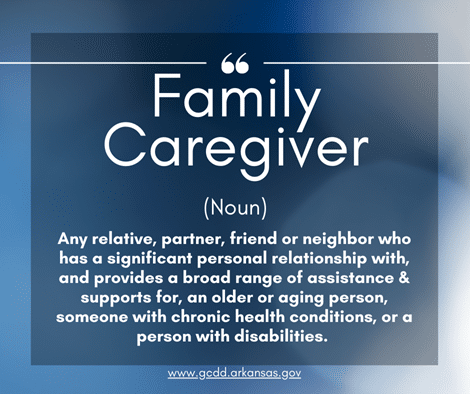Supporting Families with Disabled Members: A Guide to Assisting Caregivers in the Workforce
Despite the fact that millions of U.S. families care for loved ones with intellectual and developmental disabilities (IDD), these caregivers often remain unseen and unsupported, especially in their workplaces. These caregivers not only provide daily care, but also take on the role of advocates for their loved ones and planners for their futures. Often working full-time, these caregivers face the dual pressure of their paid jobs and caring for their family members, which can cause stress, fatigue and even burnout.
Even though they are a significant part of the workforce, many caregivers do not identify themselves as such, and often do not talk about their responsibilities at work because of the fear of stigma or insecurity about their job. Employers can play a key role in making a change by recognizing and supporting employees with caregiving roles. This would not only help with employee retention and productivity, but also promote workplace equity.
Caregivers often make sacrifices that negatively affect their financial and career status, such as reducing work hours, taking up lower-paying or flexible jobs, or even leaving their jobs altogether to provide necessary care. As a result, both their economic well-being suffers and the diversity and availability of talent in the workforce drop. This highlights the need for policies and practices that support caregivers.
Current U.S. workplace protections do not adequately meet the evolving needs of families. For example, the Family and Medical Leave Act (FMLA), which was revolutionary when introduced in 1993, now falls short because it only applies to larger employers and offers unpaid leave. The FMLA also has a narrow definition of “family member, which typically only includes parents, spouses and children, leaving out siblings who often have caregiving roles for people with IDD.
Workplace policies should recognize the lifelong nature of disability caregiving, by expanding paid family leave and offering flexible work arrangements, and revising federal laws to include siblings and other non-traditional caregivers. Employers have a chance to lead changes in this area by building workplaces that are supportive, flexible, and inclusive to acknowledge caregiving as a major part of many workers’ lives.
With a shift in policies and increased understanding, changes can be made to support not only caregivers of people with IDD but also caregivers more broadly. These changes can strengthen the workforce and underpin the important role caregivers play in society. Many of these supportive changes could be facilitated through access to supportive agencies and sites such as eddcaller.com, which provides a platform to help people understand and navigate the complexities associated with disability and caregiving roles. It can be particularly useful for those caregivers who are trying to figure out how to get a hold of Paid Family Leave, offering guidance and resources to ease their burden.
